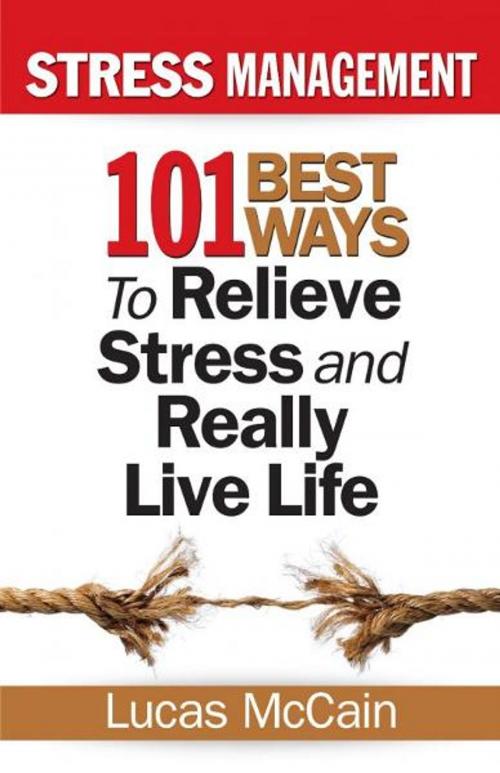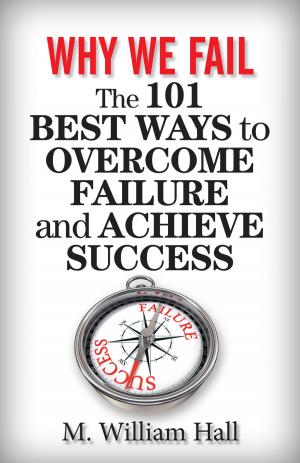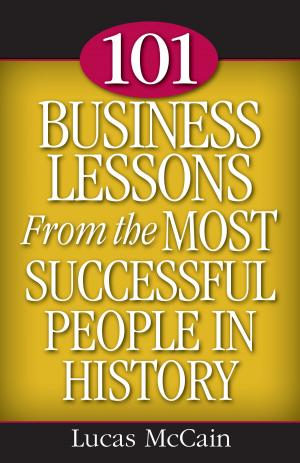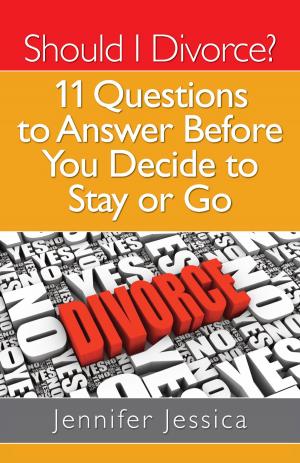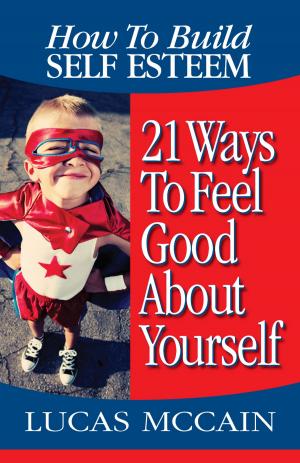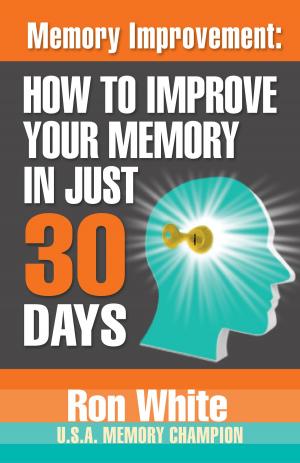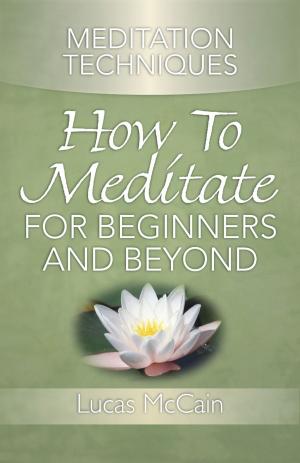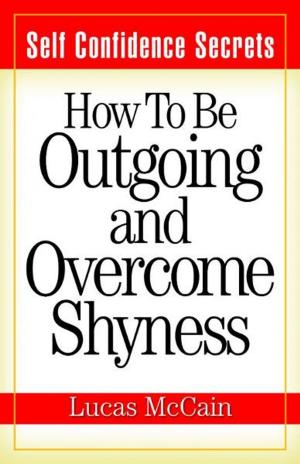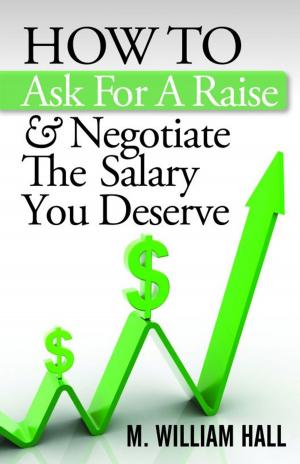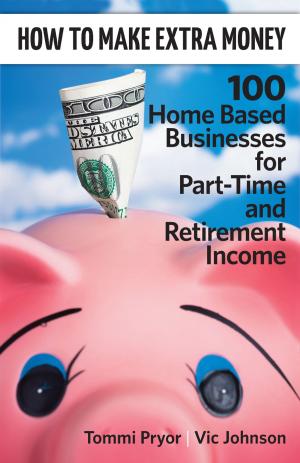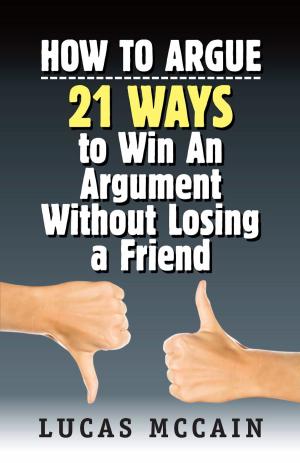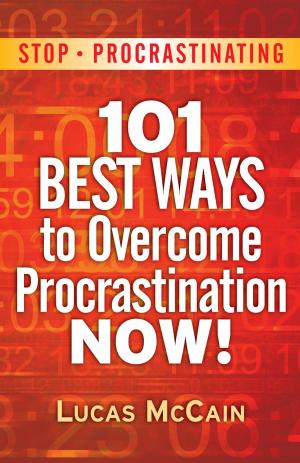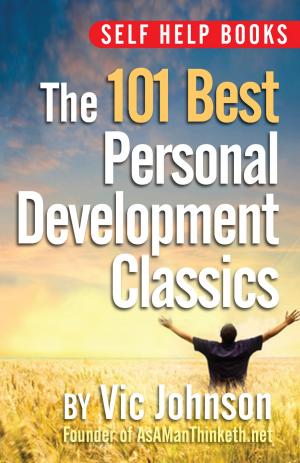Stress Management: 101 Best Ways to Relieve Stress and Really Live Life
Nonfiction, Health & Well Being, Health, Work Related Health, Self Help, Self Improvement, Stress Management| Author: | Lucas McCain | ISBN: | 9781937918170 |
| Publisher: | LaurenzanaPress | Publication: | March 4, 2012 |
| Imprint: | Smashwords Edition | Language: | English |
| Author: | Lucas McCain |
| ISBN: | 9781937918170 |
| Publisher: | LaurenzanaPress |
| Publication: | March 4, 2012 |
| Imprint: | Smashwords Edition |
| Language: | English |
Stress is not always a bad thing. When we exercise, we’re putting stress on our muscles, our lungs, and our cardiovascular system. The stress helps our bodies adapt and become stronger.
But there’s a difference between good stress and bad stress – and the differences are even more profound when you consider the effects of chronic bad stress.
Chronic bad stress (what we’ll be calling most “stress” throughout this book) is not only a “bad feeling.” It’s how we think when our entire lives feel out of order. It’s this type of stress that may ultimately lead to adverse health effects down the road.
In fact, to say the effects of chronic stress can lead to negative consequences in your personal life, chronic illnesses, and a number of other symptoms that drain the joy, health, and vigor out of your life, is not an exaggeration at all.
Consider that the National Institute of Health’s fact sheet on stress notes that “over time, continued strain on your body from routine stress may lead to serious health problems, such as heart disease, high blood pressure, diabetes, depression, anxiety disorder, and other illnesses.”
It’s when we ourselves allow stress to become a powerful force in our lives that it does the most damage…and can hang around long enough to become “chronic.”
Instead, your goal should be to manage stress. You should be the one in control, using stress when it’s good (such as exercise) and preventing bad stress from ever happening.
You see, when it comes to stress, one of you is going to get managed. Either you’re going to manage your stress – or your stress is going to manage you.
If you like the more proactive approach so you can beat stress before it beats you, then the 101 secrets you’re about to read will be right up your alley.
Divided into two sections:
• Managing Your Stress at Home
• Managing Your Stress at Work
Stress is not always a bad thing. When we exercise, we’re putting stress on our muscles, our lungs, and our cardiovascular system. The stress helps our bodies adapt and become stronger.
But there’s a difference between good stress and bad stress – and the differences are even more profound when you consider the effects of chronic bad stress.
Chronic bad stress (what we’ll be calling most “stress” throughout this book) is not only a “bad feeling.” It’s how we think when our entire lives feel out of order. It’s this type of stress that may ultimately lead to adverse health effects down the road.
In fact, to say the effects of chronic stress can lead to negative consequences in your personal life, chronic illnesses, and a number of other symptoms that drain the joy, health, and vigor out of your life, is not an exaggeration at all.
Consider that the National Institute of Health’s fact sheet on stress notes that “over time, continued strain on your body from routine stress may lead to serious health problems, such as heart disease, high blood pressure, diabetes, depression, anxiety disorder, and other illnesses.”
It’s when we ourselves allow stress to become a powerful force in our lives that it does the most damage…and can hang around long enough to become “chronic.”
Instead, your goal should be to manage stress. You should be the one in control, using stress when it’s good (such as exercise) and preventing bad stress from ever happening.
You see, when it comes to stress, one of you is going to get managed. Either you’re going to manage your stress – or your stress is going to manage you.
If you like the more proactive approach so you can beat stress before it beats you, then the 101 secrets you’re about to read will be right up your alley.
Divided into two sections:
• Managing Your Stress at Home
• Managing Your Stress at Work
